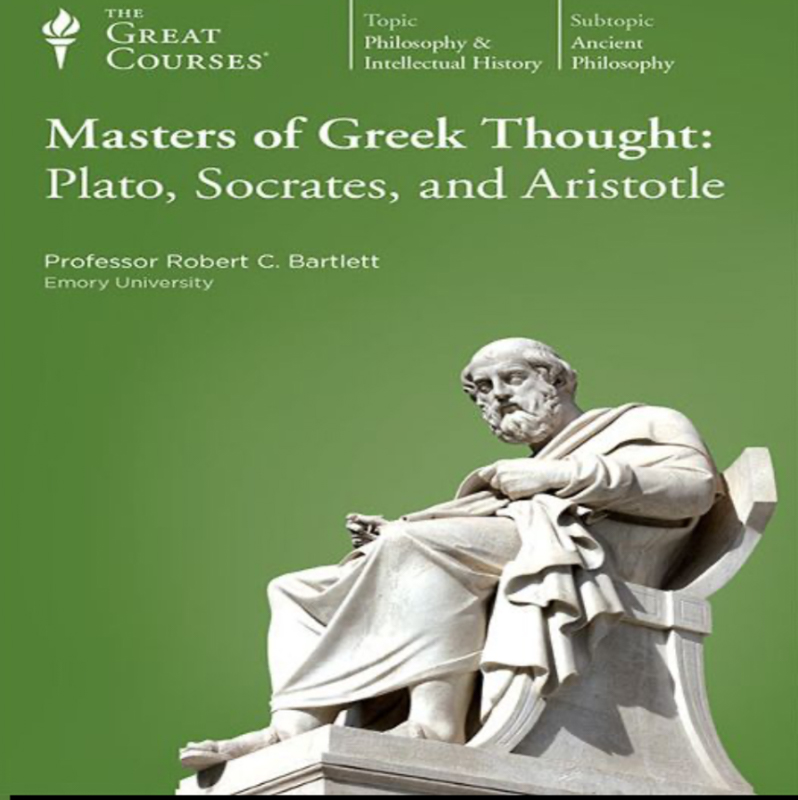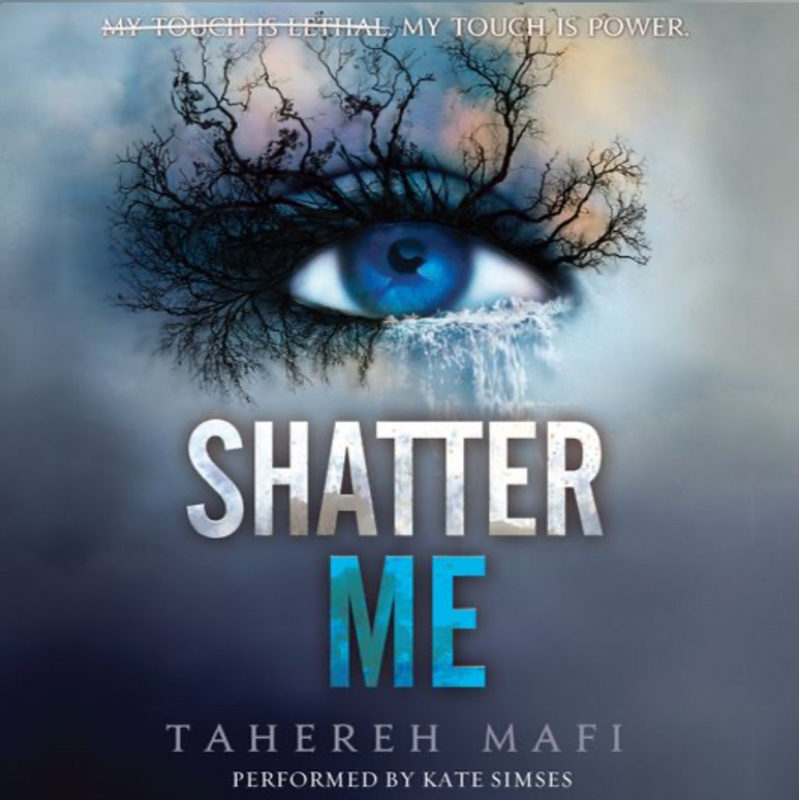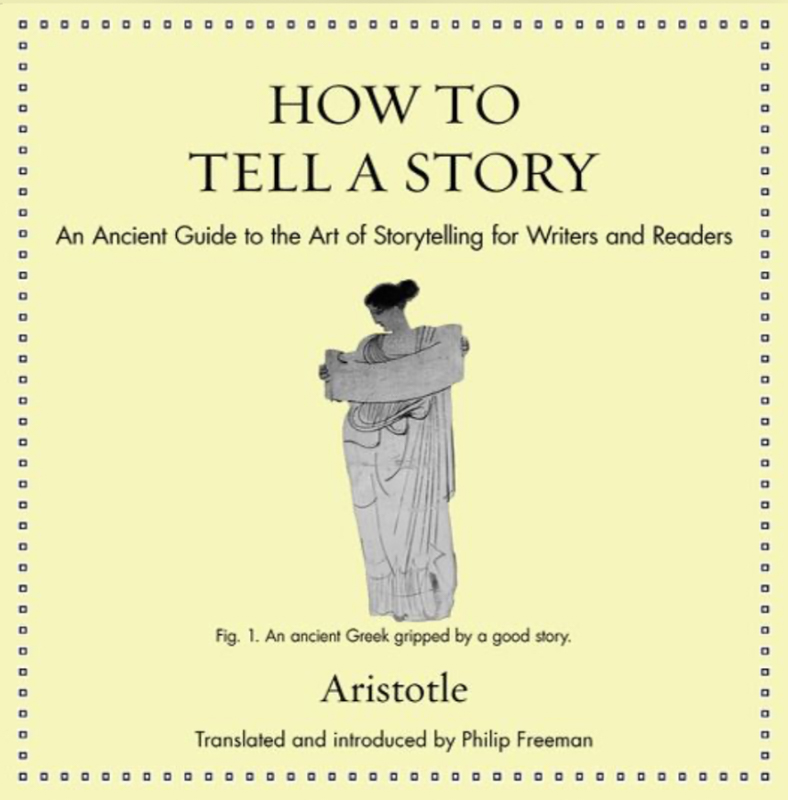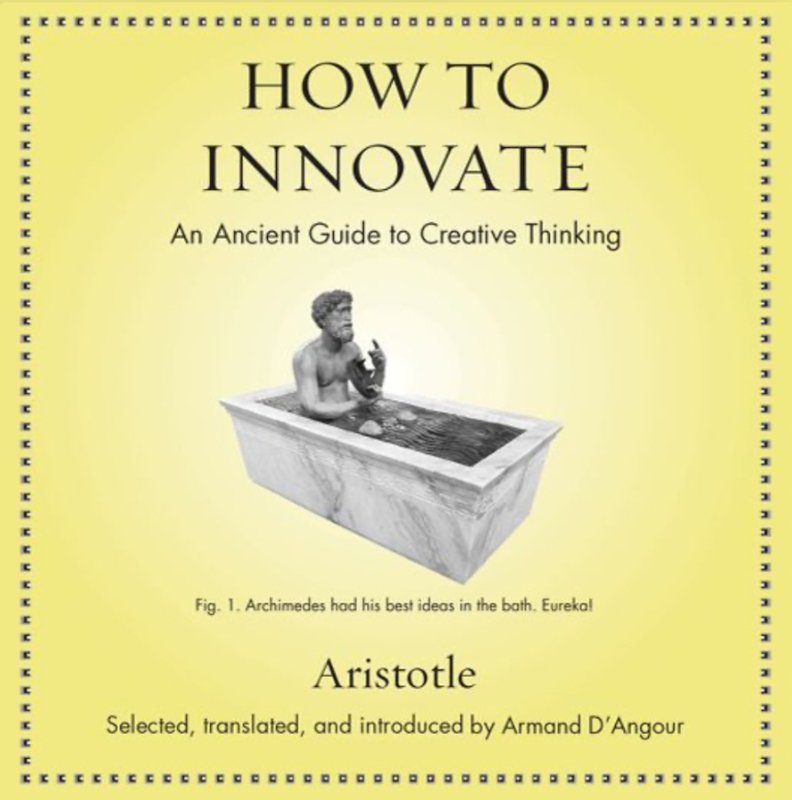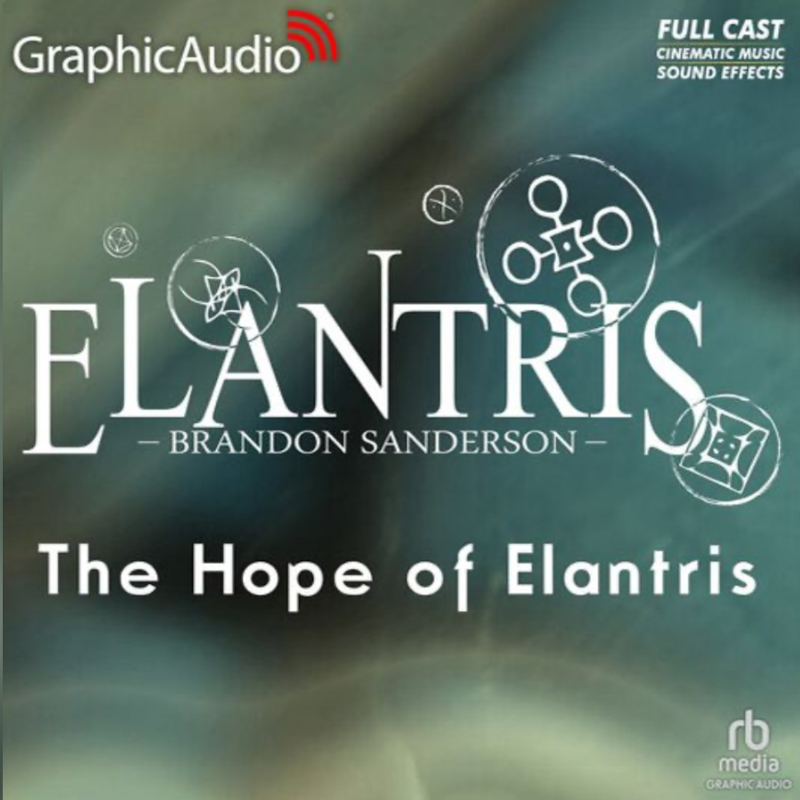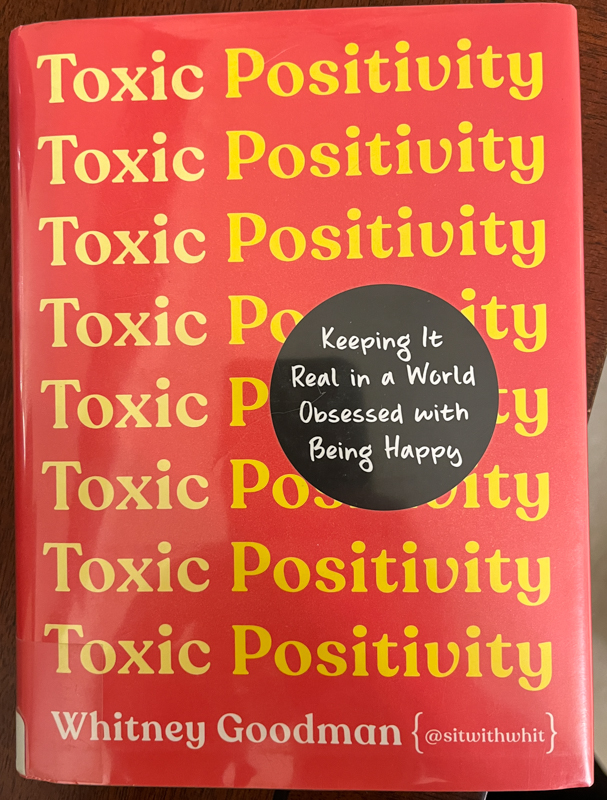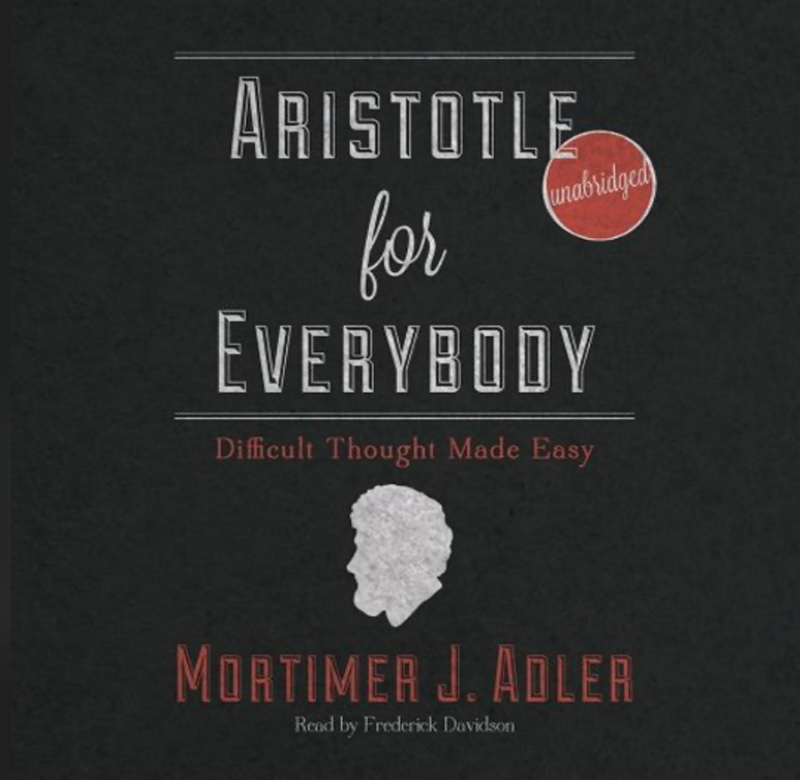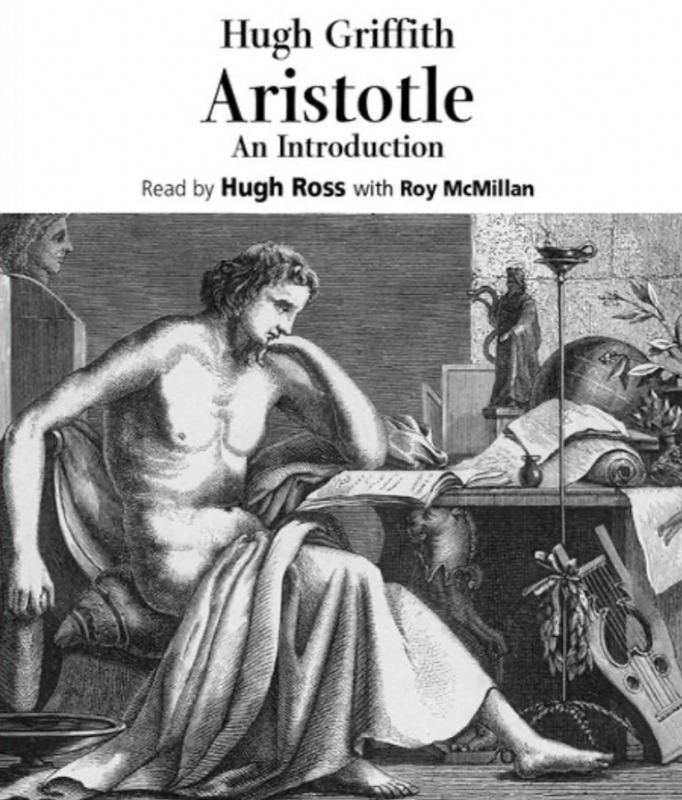How to Flourish
Background
Published in June 2023, “How to Flourish: An Ancient Guide to Living Well” is an abridged translation of Aristotle’s “Nicomachean Ethics” by Susan Sauvé Meyer. This work distills Aristotle’s exploration of human flourishing, emphasizing the cultivation of virtue through habitual practice and intellectual engagement. Aristotle provides practical guidance on various aspects of daily life, including managing emotions, financial prudence, and social interactions, while also distinguishing different forms of wisdom essential for a fulfilling life. Meyer’s translation aims to make these classical insights more accessible to contemporary readers, offering connecting commentary and presenting the original Greek text alongside the English translation.
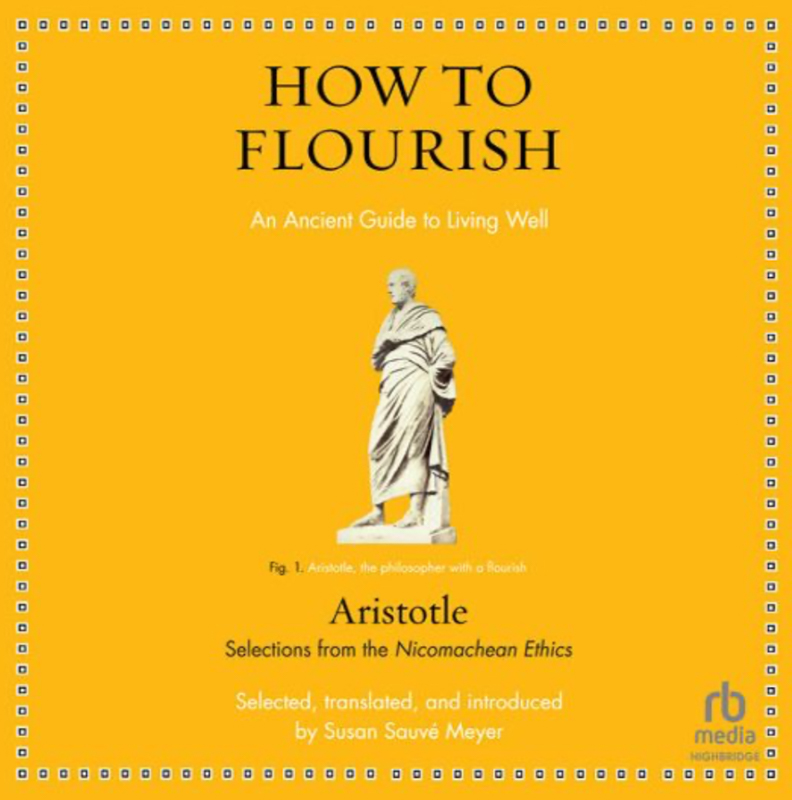
My Thoughts
Honestly, I read this nearly 3 week ago and I don’t remember any takeaways from the book. It gave a lot of generalizations but nothing worth remembering.
Recommendation
Just read the Nicomachean Ethics straight from the source.

